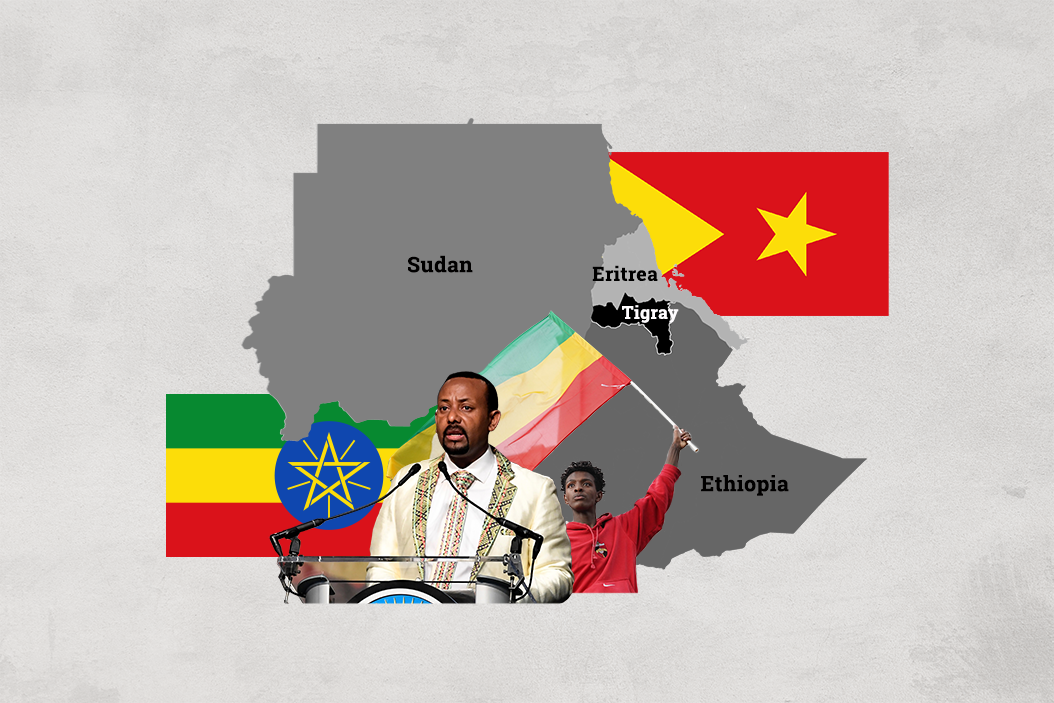Hard Numbers: Ethiopian reconstruction, Russia’s surprising surplus, French jailed in Iran, Colombia’s Petro in pole position
300 million: Ethiopia is set to receive a $300 million grant from the World Bank to rebuild areas of the country destroyed by the war between government forces and Tigray militants. The conflict began in November 2020 and spread to other neighboring regions last year. Both sides have been accused of war crimes, but a ceasefire in March has held up well enough to allow for reconstruction to begin.
3.5: Are sanctions against Russia failing? The country’s current account surplus for the first quarter was 3.5 times bigger than in the same period last year. That’s because oil prices remain high, boosting the value of exports, while sanctions impeded the purchase of foreign goods, crushing the value of imports.
2: Iran has arrested two French nationals on suspicion of fomenting recent protests by teachers angry about low pay. France has formally complained, demanding the duo’s release. But Iran has recently sentenced two other French citizens to lengthy prison terms for alleged spying.
38: A new poll shows Colombia’s left-wing presidential candidate Gustavo Petro has a commanding lead ahead of the May 29 first round vote, with 38% support. The former Bogotá mayor’s nearest rival, center-right Fico Gutierrez, the former mayor of Medellin, has just 23%. In a second round runoff, the poll shows Petro winning.